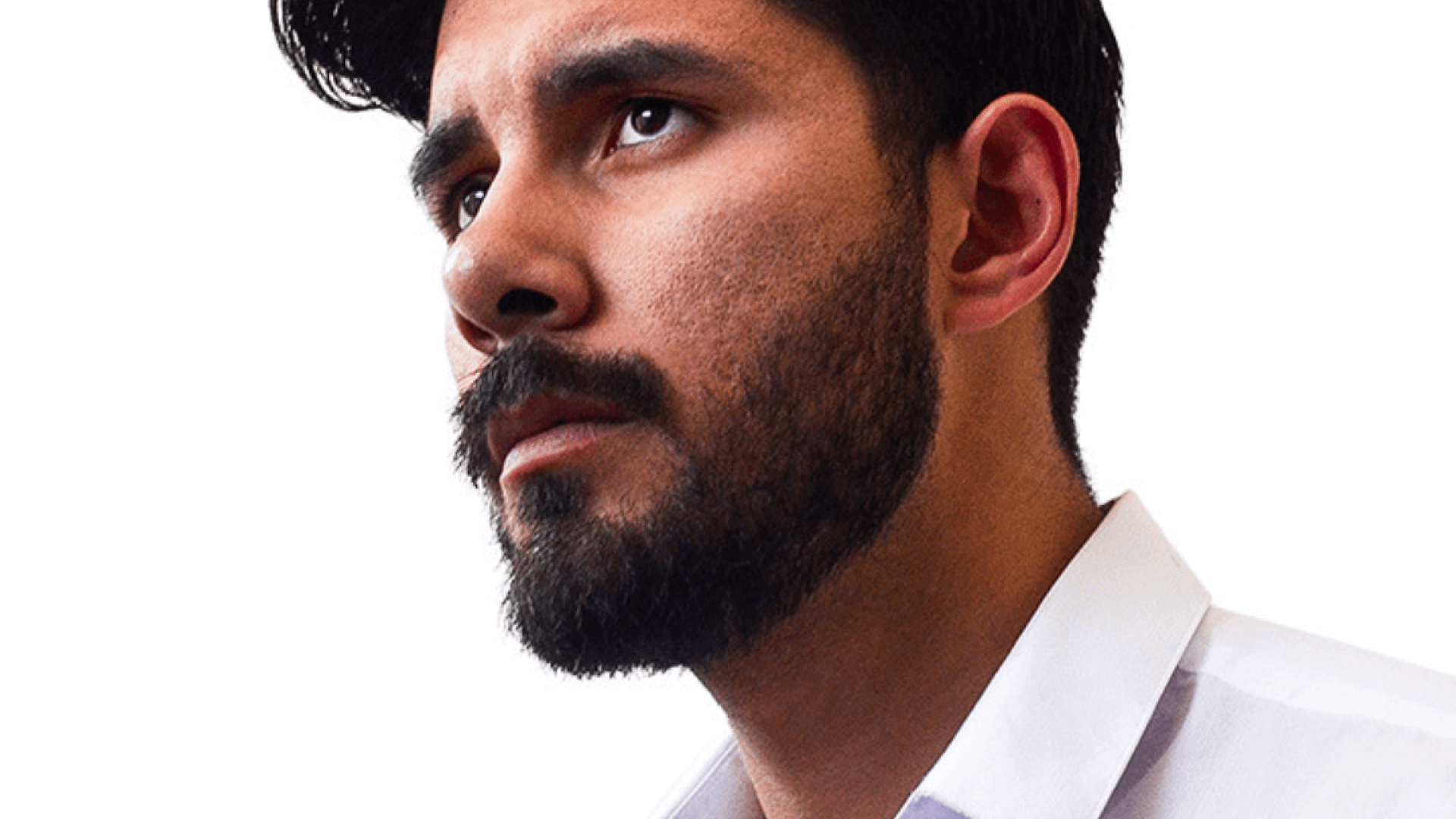We are thrilled to share a recent interview we had with Joel Cortes. We decided to interview Joel because of his amazing work with the Mexican youth in Baja California (Tijuana). Joel also has experience with mental health resources in Mexico and is a strong advocate for reform in Mexico!
So, WHO IS Joel Cortés?
Joel David Cortés Rodríguez is a young 25-year-old Mexican entrepreneur born in Tijuana, founder of a company under a sustainable business model, winner of social research and activist awards.
At 24, he experienced a strong-armed assault that forced him to close his company. This experience motivated him to run as a candidate for the local deputy, seeking to improve the conditions of his city, thus breaking the paradigm of costly and impact-less electoral campaigns.
His research “Rural shelters as an alternative to sustainable development in the Valle de Guadalupe region” was awarded in the Third State Meeting of Young Researchers in B.C.
He is currently the director of a Branding consultancy and creates projects that help improve his community and encourage the participation of young people in national politics.
The read the Interview in Spanish, please switch the language above!
Question # 1: Tell us about yourself!
I grew up on the outskirts of the city (Tijuana). My mother Claudia has worked all her life as a waitress and my father Joel is a truck driver. For my undergraduate education, I received my degree in Marketing at UABc and I am currently in the MBA program at Cetys University. I have always been an activist, a fighter against the system. During my time at my university, I won national, local and regional awards doing research and development of business models that promote sustainability. I am now a director of a Branding company and I am 2 months from getting married.
Question # 2: What do you think about the state of mental health awareness in Mexico?
I believe that in Mexico there is no full awareness of what mental health problems represent, however, a couple of months ago I was in an electoral contest and in many meetings the issue was beginning to be touched among members of national politics, which gives me a slight hope that this can begin to work with the seriousness it deserves in the country.
Question # 3: As a young citizen of Mexico, what do you think are the most important areas that need change (economy, medicine, development, etc.)?
I think that Mexico needs changes in all areas of work, but if I had to mention one, I would favor education, I consider education as the basis of any economic, health, sports, medicine, etc. system. I believe that we need to change the educational model, the subjects and above all give it the place that corresponds to our teachers that we have so abandoned in this country.
Question # 4: You shared that you went through a traumatic experience when you were assaulted, how has this affected your mental health?
After the assault I had many mental problems that led me to a very ugly depression, fortunately, my partner was always there to support me. It was a difficult experience, which affected my daily life, my relationship with my partner and especially my self-esteem, fortunately I made the decision to go to therapy and after a year I can say that I managed to get ahead of this traumatic event, although some sequels of Fear still alive, I think I’ve managed to get out.
Question # 5: Have you ever visited a therapist and how easy/difficult was it to find services in your location?
Yes, I visited after the assault, it was easy for me to find him because they recommended it to me and I found a great professional who has helped me a lot.
Question # 6: What was your experience or knowledge of mental health when you were growing up?
I had no approach if not until my 17 years, I grew up in a colony where we were away from a lot of information like this. It was until I entered high school that even though I was always a young man with very good grades in school, it also generated a lot of problems for teachers and students, among other things, it was here that they channeled me with a specialist of mental health and I was diagnosed with attention deficit hyperactivity disorder and I started receiving medical treatment and therapy. The medical treatment turned out to be expensive and heavy for me, so I just continued with a therapy that helped me improve my behaviors especially at school.
Question # 7: What have been the biggest challenges you’ve faced in supporting your community?
I think the biggest challenge is to win people’s trust, we live in a world in which we find it increasingly difficult to believe that someone wants to help us without receiving anything in return. After that, my other challenge is to have mental strength and resilience to failure so that I keep standing when things do not go as I would like.
Question # 8: Do you think that your sexual identity has affected your work or your mental health?
At the time it did affect, especially in adolescence when there is a lot of teasing and discrimination, fortunately, in my family, I always had support to get ahead as I am, a normal boy with dreams to fulfill.
Question # 9: What are your views on the current state of the United States’ immigration policy and the current administration?
Of course negative, I believe that the simple act of promoting hate speech from the authorities already generates a negative environment, then migration policies are still bad, but the problem is increased by the speech that promotes hate. I believe that there is a lack of bilateral work between Mexico and the United States that truly helps migrants improve their quality of life. I do not like the United States policy on the matter, however, I must recognize that not everything is your responsibility Mexico must assume its own.
Question # 10: What do you hope for most in the future?
I hope that Mexico will be able to take steps forward and improve the quality of life of our citizens, I hope that this country with a 180 degree turn and in 50 years young people can say that they live in a country that guarantees them a decent life and that by remembering the men and women who were part of that struggle remain my name engraved in that legacy.
To learn more about Joel visit his site at
Luis is a Licensed Marriage & Family Therapist who graduated from Long Beach State University with a Masters degree in Counseling Psychology (2015). He also has a Bachelors's degree in Child and Adolescent Development with an emphasis on Public Policy from San Francisco State University (2011). Luis has over 9 years of experience working with children and families both in education and mental health. Previously, Luis worked for a non-profit agency in San Francisco, CA providing mental health consultation in early head start programs and SFUSD pre-schools. Currently, Luis works at Kaiser in San Francisco providing mental health services.
His therapeutic interests include working with Trauma, the LGBTQ community, Children, Families, Couples, and POC. His personal interests include; Films, Reading, Writing, Art, Travelling, Disney, and Food. He is also a recipient of the California State Stipend award (2015). PsychoSocial is part of Luis' dedication to mental health and an example of his passion to educate others. Luis hopes that through PsychoSocial he will be able to help in the fight to end the stigma around mental illness.
#EndtheStigma
-
Luis Cornejo, LMFThttps://psychosocial.media/author/psychosocial/September 18, 2017
-
Luis Cornejo, LMFThttps://psychosocial.media/author/psychosocial/January 28, 2018




















